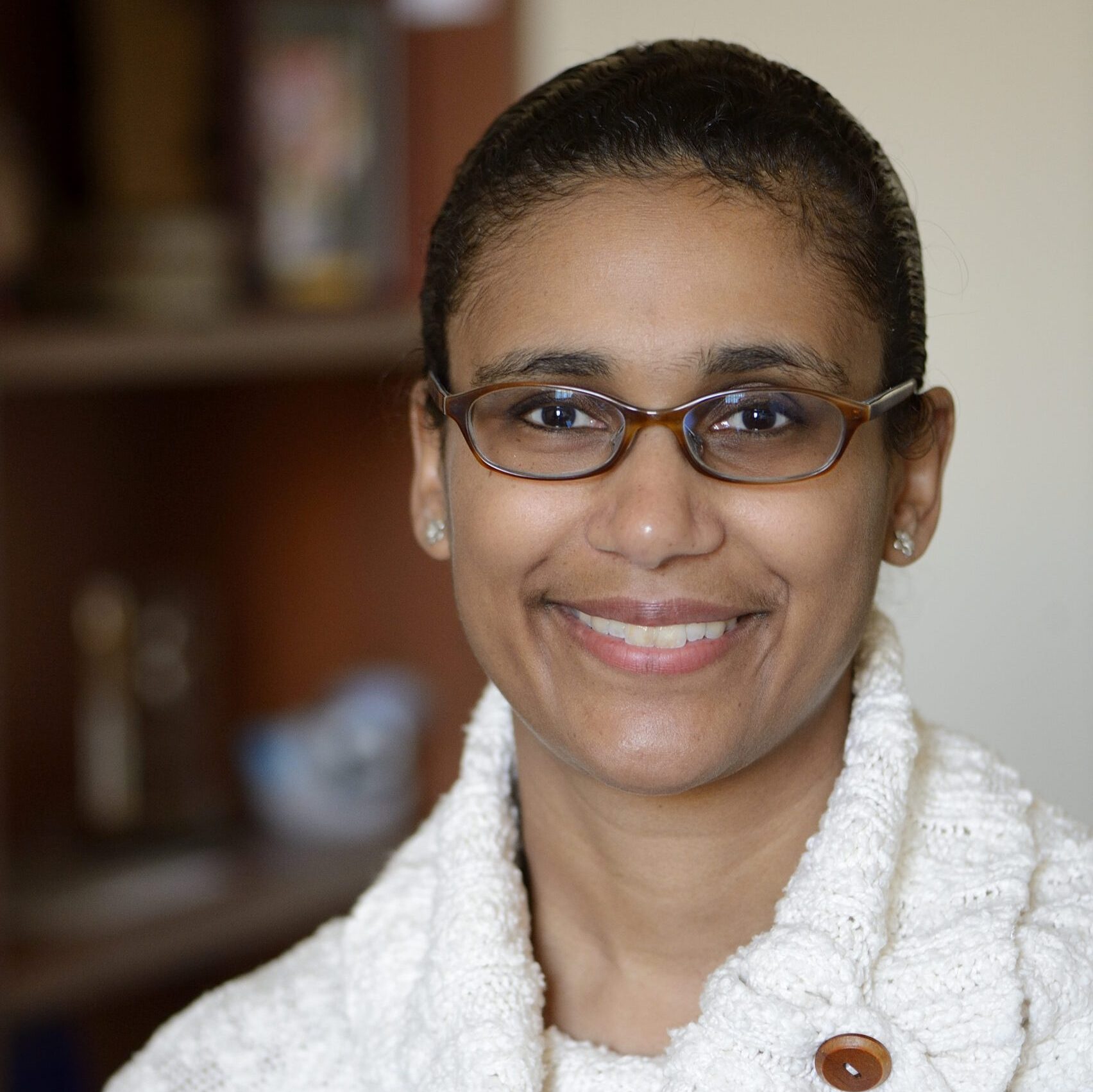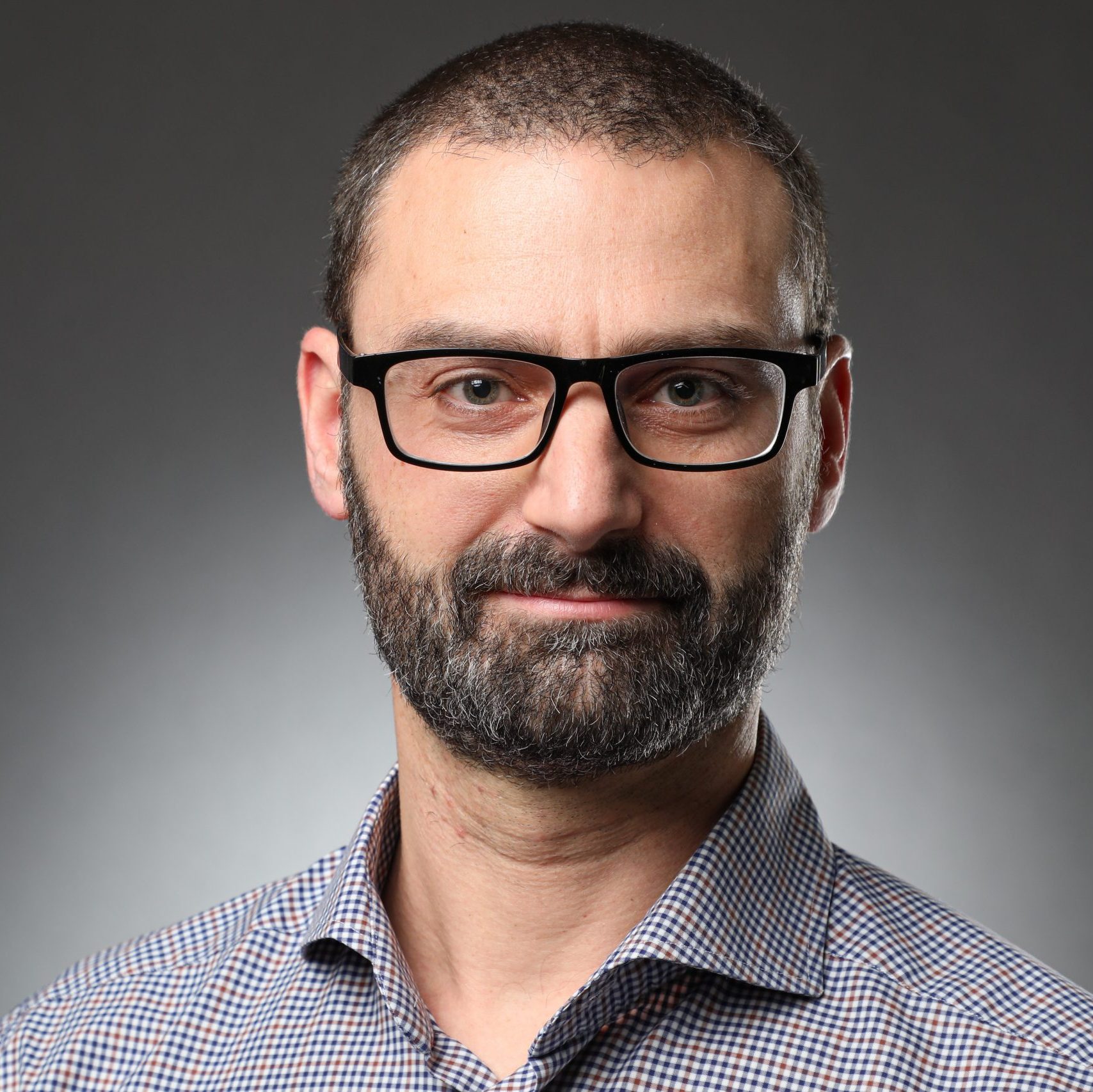Plenary Talks

Zoe Doulgeri
Zoe Doulgeri is a Professor of Robotics and Control of Manufacturing Systems in the Automation and Robotics Lab of the Department of Electrical and Computer Engineering of the Aristotle University of Thessaloniki (AUTH). She received the diploma of Electrical Engineering from AUTH and the M.Sc. (DIC) in Control Systems, the M.Sc.(DIC) in Social and Economic Aspects of Science and Technology in Industry and a Ph.D in Mechanical Engineering, from the Imperial College, London, UK. She teaches Control Systems and Robotics. She authored more than 150 publications in peer-reviewed international journals and conferences. She is an evaluator of EU research and innovation proposals in Horizon-Europe and a reviewer in the most important robotics journals and conferences. She served as associate editor in the Journal of Intelligent and Robotic systems and the IEEΕ Robotics and Automation Letters. She has participated in many robotics projects financed by the EU and the Greek government. She is currently the coordinator of two H2020 European projects, and two national projects, an ESPA infrastructure project from the Central Macedonia region and a Research-Create-Innovate project. Her current research interests include the topics of physical human robot interaction, robot teaching and learning by demonstration, bimanual mobile robots, object grasping and manipulation with analytical and data based learning methods and the control of uncertain robotic systems. She has been the representative of Greece in the European Control Association from 2016-2021. She is a senior member of the IEEE, the IEEE Robotics and Automation Society and the IEEE Control Systems Society.
Shared control in physical human-robot interaction applications – Over the last decades industrial robots have been widely deployed in the manufacturing industry, relieving workers from repetitive, unhealthy or arduous jobs with their workspace being strictly separated from that of humans for safety. Collaborative robots is a new generation of industrial robots that can work alongside and with humans as co-workers or assistants. These robots are expected to provide flexibility by extending robot applications beyond the isolated structured work cells. Collaborative robots should provide assistance to humans by reducing their physical and/or cognitive load, while being safe during their co-existence and collaboration with humans. In this talk, we will present shared control applications for resolving the problem of intentional physical human-robot interaction. The presentation will focus on the use of shared control methods for facilitating the human towards the kinesthetic teaching of a task, avoiding forbidden regions, as well as co-manipulating objects. The control methods that will be presented ensure passivity of the velocity output under the exerted human forces.

Dennice F. Gayme
Dennice F. Gayme is an Associate Professor in Mechanical Engineering and the Carol Croft Linde Faculty Scholar at the Johns Hopkins University. She earned her B. Eng. & Society from McMaster University in 1997 and an M.S. from the University of California at Berkeley in 1998, both in Mechanical Engineering. She received her Ph.D. in Control and Dynamical Systems in 2010 from the California Institute of Technology. Her research interests are in modeling, analysis and control for spatially distributed and large-scale networked systems in applications such as wall-bounded turbulent flows, wind farms, and power grids. She was a recipient of the JHU Catalyst Award in 2015, ONR Young Investigator and NSF CAREER awards in 2017, a JHU Discovery Award in 2019, a Whiting School of Engineering Johns Hopkins Alumni Association Excellence in Teaching Award in 2020, and the TSFP12 Nobuhide Kasagi Award in 2022.
Toward wind farm control for power tracking – Transitioning into the role of a major power system supplier necessitates new models and control designs that enable wind farms to provide the grid services that are often required of conventional generators. This talk introduces control oriented models to enable wind farms to track a time-varying power signal. We first demonstrate that model-based receding horizon control can be used to exploit aerodynamic interactions within the farm to enable a controlled wind farm to qualify for participation in markets for correcting short-term imbalances in active power generation and load on the power grid (frequency regulation) with greater efficiency than single turbine control. While this dynamic wake model provides a proof of concept for real-time wind farm power tracking, it does not account for changes in wind direction or the effects of dynamic yawing of the turbine. The second part of the talk describes a dynamic graph model that can account for both of these effects. Finally, we demonstrate how this model can be used in a simple combined pitch and yaw control to increase actuation authority over pitch control alone.

Nina Gaißert
Dr. Nina Gai ßert’s passion is to understand nature and utilize nature’s wisdom to make better technology serving human kind. She studied technical Biology at the University of Stuttgart, Germany and MIT, MA, USA before she joined the Max Planck Institute for Biological Cybernetics in Tübingen to work on her thesis on human perception and learning. Directly afterwards she joined the Bionic Learning Network of Festo. As the biologist in the team her job was to look for inspiring role-models throughout nature and interesting skills of nature to be transferred into technology, as well as research communication and networking. The Bionic Learning Network of Festo is a research network linking Festo to universities, institutes, development companies and start-ups from all around the world. Nature finds simple and energy-efficient solutions for tasks like gripping, moving, communicating, etc. The team aims to understand the underlying principle and transfer it into technological solutions. In 2021 Nina Gaissert joined the research department of Festo to work on control systems for biological and biotechnological systems. This department develops innovations paving the way for biotransformation and sustainable production of the future.
Bionic Learning Network – controlling complex systems from animals to animats to living cells – As a technology leader and a company that puts great emphasis on learning, in 2006 Festo set up an international research network with renowned universities and institutes, development companies and private inventors: the Bionic Learning Network. The everchanging and adapting team is aiming to get inspired by nature and to learn from nature’s vast resources of intelligent solutions to improve the production of the future. Swimming, flying, and rolling robots were developed so far like the autonomous flying BionicSwifts or the BionicAnts: ant-robots working together in a collaborative way. The team took inspiration from chameleons to kangaroos, from penguins to the human hand and developed adaptive, smart and groundbreaking projects. Numerous projects were awarded with innovation and design awards. Every year one to three projects get perfected. The fast and successful work arises from agile development inspired by nature: bionic thinking. In this talk we will present what we learned from nature and how we learn from nature. Complex systems have to be understood, transferred and controlled. Robots start to work together and they work together with humans in a safe and controlled setting. As a next step we include living cells into the setup to benefit from nature’s skills directly. This increases the complexity by a magnitude but controlling these complex systems while considering the energy-efficiency and competitiveness of the overall system will open up the opportunity to make production of the future more sustainable and bring nature, human needs and technology into balance.

Colin Jones
Colin Jones is an Associate Professor in Mechanical Engineering at the EPFL (Ecole Polytechnique Federale de Lausanne) in Switzerland. He received bachelor and master degrees in Electrical Engineering at the University of British Columbia in Canada in 1999 and 2001 before obtaining a Ph.D. in 2005 from the University of Cambridge for his work on polyhedral computational methods for constrained control. He spent five years at the ETH Zurich as a senior researcher studying parametric optimization and predictive control, before joining the EPFL as an assistant professor. He has served as an associate editor for the IEEE Transactions on Control Systems Technology, the Systems and Control Letters and the journal Optimal Control Applications and Methods and is an author of over 200 journal and conference papers. He is a recipient of the ERC Starting Grant, which was awarded to study the control of networks of buildings for providing demand response services. His current research interests are in the areas of high-speed and large-scale predictive control and optimization, as well as green energy generation, distribution and management.
Learning to Control Buildings – Towards Low-cost Commissioning of Demand Response Controllers – Commercial buildings have significant flexibility in how and when they consume energy, and this freedom can be put to good use by grid operators managing the stability of the grid. This talk will discuss demand response for buildings, or the throttling of power consumption in reaction to signals sent by the grid operator. By shifting energy consumption in time, these techniques can be seen as utilizing the thermal inertia of buildings as a form of virtual electrical storage. In the first part of the talk, we will introduce and develop a predictive control approach for a hybrid storage system that combines the best properties of electrical batteries, commercial buildings and generation re-scheduling to better provide balancing services at multiple time scales, and which has the side-effect of minimizing energy consumption by the building. While these techniques have been shown to be effective, the cost of modeling and of commissioning such advanced controllers is one of the key challenges currently preventing their widespread deployment. In the second part of the talk, we will discuss a number of direct data-to-control approaches in order to bring development costs down significantly and will demonstrate the effectiveness of these frameworks on buildings on the EPFL campus.
Plenary Talk – Transition to Practice Award

Giovanni Cherubini
Giovanni Cherubini received the Laurea degree “summa cum laude” from the University of Padova, Italy, and the M.S. and Ph.D. degrees from the University of California, San Diego, USA, all in electrical engineering. He joined IBM Research – Zurich, Switzerland, in 1987. His research interests include advanced control methods for data-storage systems and non-von Neumann computing for AI applications. He serves as Senior Editor of the IEEE Control Systems Letters, and was Guest Editor of the special issue of the Letters on “Learning and Control” in 2020. He received the 2021 IEEE Control Systems Society Transition to Practice Award for inventing and developing advanced control technologies for magnetic tape data storage products, and an IBM Corporate Award for “Tape Technology Leadership” in 2013. He was a co-recipient of the 2020 International Federation of Automatic Control (IFAC) Mechatronics Paper Prize Award, the 2014 IFAC Industrial Achievement Award for the application of advanced control technologies in the nano-domain to magnetic tape data storage, the 2009 IEEE Control Systems Technology Award for contributions to nanopositioning for MEMS-based storage and other applications, the 2011 IBM Pat Goldberg Memorial Best Paper Award, the 2009 IEEE Transactions on Control Systems Technology Outstanding Paper Award, and the 2003 IEEE Communications Society Leonard G. Abraham Prize Paper Award. He is a Fellow of the IEEE and an IBM Master Inventor. He published more than 130 refereed articles and holds over 240 patents in the areas of signal processing, communication systems, control, data storage, and AI.
Advanced control technologies for high-capacity magnetic tape drives – Today’s exponential growth of data is determined not only by the emergence of the Internet of Things and AI-based big-data analytics, but also by the demand to store data from countless human, scientific, and industrial applications. Data storage on magnetic tape continues to be essential, as it exhibits the capacity scaling needed to address in an energy and cost-effective way the growth of digital data for many of the largest hyperscale data centers in the world and, perhaps equally importantly, to keep stored data protected from cyber-criminal attacks. The continued capacity scaling potential of the tape technology relies on the fact that magnetic tape still operates at recording areal densities far from the superparamagnetic limit. It turns out, however, that it is becoming harder and harder to increase linear density scaling, whereas there is considerable potential to aggressively scale the track density. The challenge here comes from the fact that tape is a flexible medium, and its motion is significantly more difficult to control than that of a rigid medium. In this talk, advanced control technologies are discussed, which will pave the way towards target tape cartridge capacities of 500 TB and beyond. Specifically, two critical servomechanisms for tape motion control are considered: the tape transport system to accurately control tape tension and velocity, which will enable the use of thinner tape, and the track-following system to achieve nanoscale positioning of the head for writing/reading data on tape.